Superbooth 2021: Retrokits RK-008 realtime multitrack MIDI recorder
We had a glimpse of this Alesis MMT-8 inspired sequencer before the show but now we have more details on the RK-008 multitrack MIDI recorder.
RK-008
It looks nothing like the Alesis MMT-8, it has more of a calculator vibe going on, but apparently, it was the simplicity and workflow of the MMT-8 that Retrokits were trying to capture rather than the look. And it’s interesting when you dig into what the MMt-8 was about. It was released at a time when sequencing was moving to the Atari and becoming about lots of tracks and precise on-screen editing, whereas the MMT-8 called itself a multitrack MIDI recorder and was about patterns, performance and recording stuff in like you would with audio rather than writing it in or programming it. This is what (I think) the RK-008 is about.
The RK-008 has 8 tracks, each of which can be filled with 16 channels of MIDI and it will record whatever you play into it, so expression, pitch bend, modulation, controller changes, patch changes and so on can all be captured and played back. So, one application could be that you sit there with a synth and play, perform and manipulate and it will record it like a sketchpad. While there are tracks and parts and songs that you can construct you can also record in freeform without the constraint of timing or quantisation.
It has 2 MIDI inputs and 2 MIDI outputs so you could be recording from a keyboard and a controller at the same time, or you could use the RK-006 to merge all sorts of MIDI sources into the thing or expand out to more devices. There’s also a gate output to connect to the non-MIDI world. That grill to the side of the screen is a speaker for the internal metronome.
The interface is nice and simple. 8 track buttons to turn the 8 tracks on or off and then a keypad with numbers and an Alt function that you can get to by holding the Alt key, and that’s about it. So you can set the length, transpose, quantise, change tempo all from a single level of menu. There’s a good amount of track manipulation going on with copying tracks or parts to each other and you can merge tracks down to a single track which is pretty awesome.
Watching the demo (below) the RK-008 just loops round and you can effortlessly add tracks, quantise or not, add controller data, erase it, mute bits, transpose all with a minimal amount of key presses.
The RK-008 is a prototype at the moment and they talk about hoping to release in about 6 months for around €350. The MMt-8 retailed for £299 back in 1987 so that sounds like a good deal.
More information from Retrokits
Video
You are currently viewing a placeholder content from YouTube. To access the actual content, click the button below. Please note that doing so will share data with third-party providers.
5 responses to “Superbooth 2021: Retrokits RK-008 realtime multitrack MIDI recorder”
You are currently viewing a placeholder content from Facebook. To access the actual content, click the button below. Please note that doing so will share data with third-party providers.
More InformationYou are currently viewing a placeholder content from Instagram. To access the actual content, click the button below. Please note that doing so will share data with third-party providers.
More InformationYou are currently viewing a placeholder content from X. To access the actual content, click the button below. Please note that doing so will share data with third-party providers.
More Information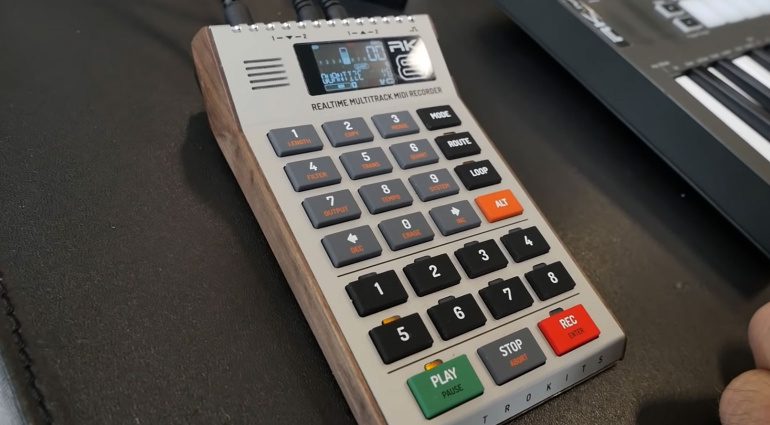
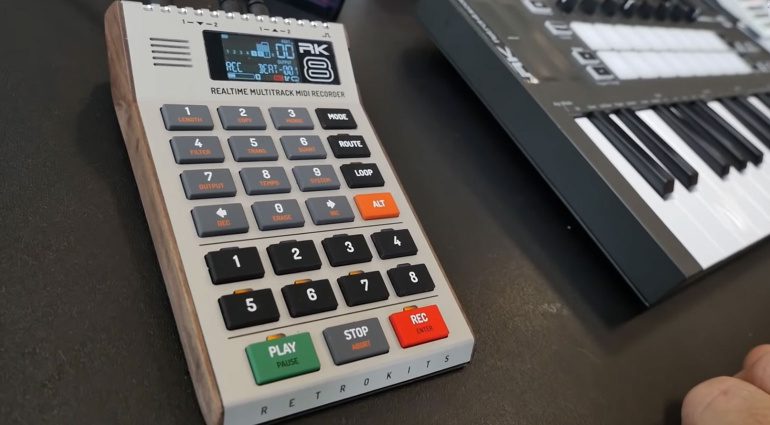
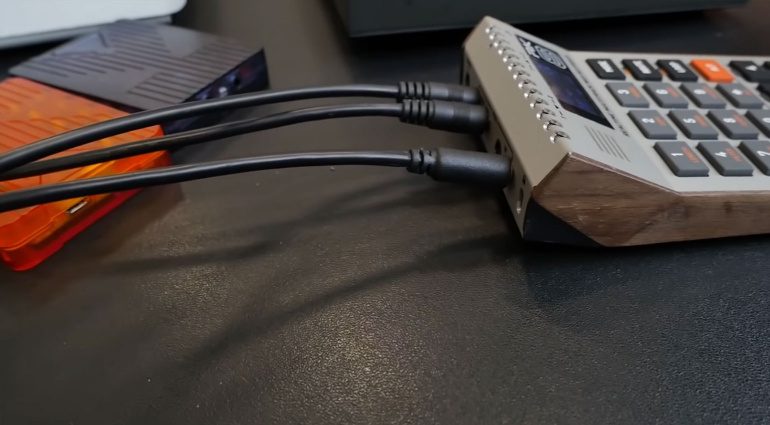



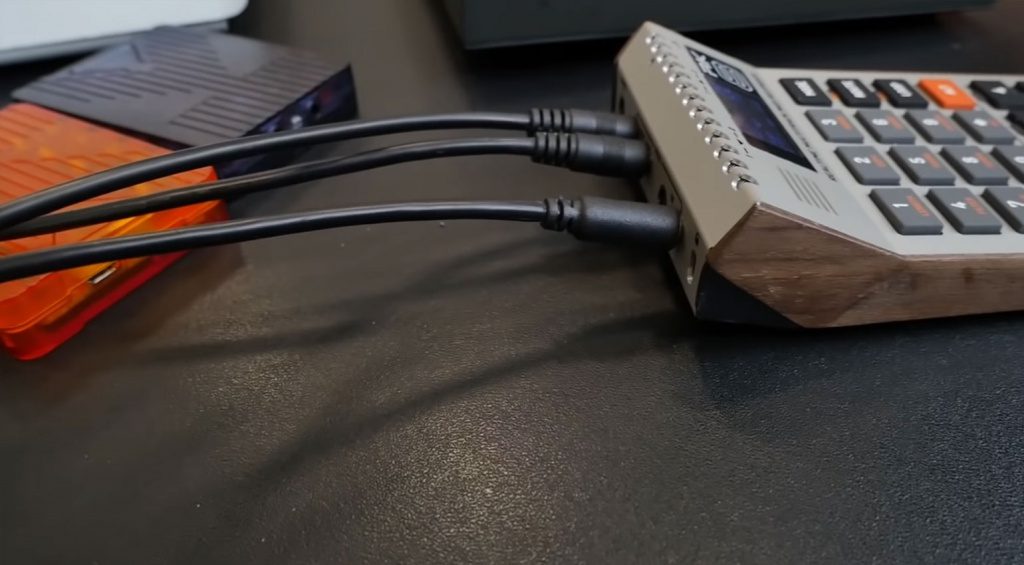
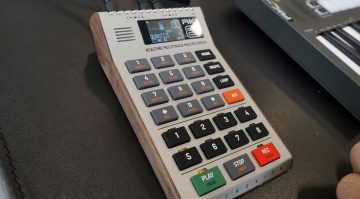

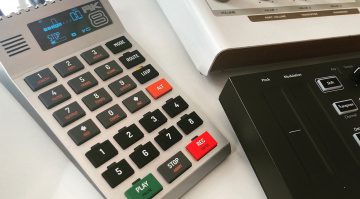
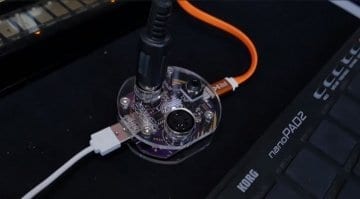
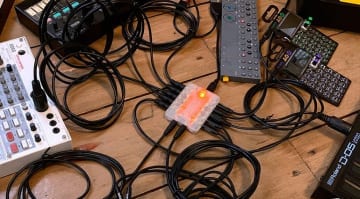
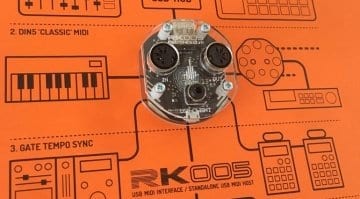
Looks beautiful! I do wonder what is meant by the fact that you can record “patch changes”?
Program changes; e.g. when you want the sequencer to change the “sound” or “timbre”, aka the “patch” your currently playing to a different one mid performance.
when you change patches on a MIDI synth, it sends out a patch change MIDI message. That way you can program sound changes into your sequence.
Midi program changes I would think. Also I hope they have added a swing function, that was the only thing that I wished the MMT8 had back in the day.
pretty cool, but the MMT8 isn’t all that big, it’s light weight, and dirt cheap.
That said, it’d be really cool to have a companion module with CV/Gate outputs.